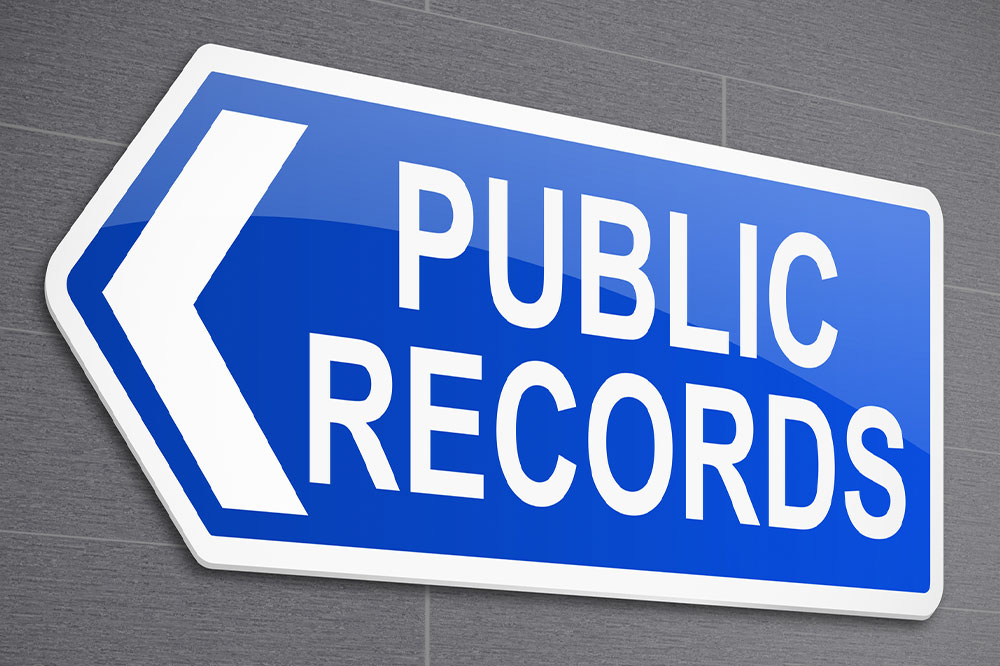Overcoming Barriers in Data Sharing for Humanitarian Impact
This article discusses the hurdles in implementing data philanthropy for societal good. It highlights privacy concerns, corporate hesitations, and the vast potential of data in humanitarian aid, research, and human rights. By addressing these challenges, organizations can better leverage data sharing to improve disaster response, support impoverished communities, and combat abuses through better evidence collection and analysis.

Overcoming Barriers in Data Sharing for Humanitarian Impact
Data philanthropy aims to harness private sector data sharing to promote societal benefits, covering applications from humanitarian efforts to academic research. It emphasizes that sharing data can be a positive contribution to public welfare. However, challenges remain, including safeguarding internet privacy through techniques like differential privacy, and convincing companies to share data without risking market position. Big data can aid in disaster preparedness, monitor socio-economic conditions, support research, and defend human rights by providing crucial evidence. Addressing these hurdles can maximize data's potential for social good.
Privacy Concerns: Protecting user privacy remains a major obstacle. Innovative methods such as differential privacy help anonymize data, while organizations work to enhance data security measures.
Encouraging Corporate Participation: Many companies fear losing competitive edge when sharing data. They depend on proprietary data for market insights, making them hesitant to disclose it publicly.
Use Cases
Disaster Response: Big data forecasts natural calamities and identifies displaced populations, enabling quicker relief efforts. Mobile call patterns reveal access to essentials like water and power.
Supporting the Impoverished: With over 2.5 billion people living below the poverty line, data from mobile devices, social media, and government sources helps NGOs target aid more effectively.
Research Advancements: Data sharing from platforms like Facebook and Twitter fuels academic studies, leading to innovations that benefit society.
Human Rights Advocacy: Data supplies crucial evidence for investigations into war crimes and abuse, raising awareness and prompting action when discrepancies are uncovered.
Note: Our blog offers diverse topics aimed at providing helpful insights. While our research is thorough, users should verify information independently. The platform is not responsible for discrepancies or unmentioned offers, and readers are encouraged to seek additional resources for comprehensive understanding.










